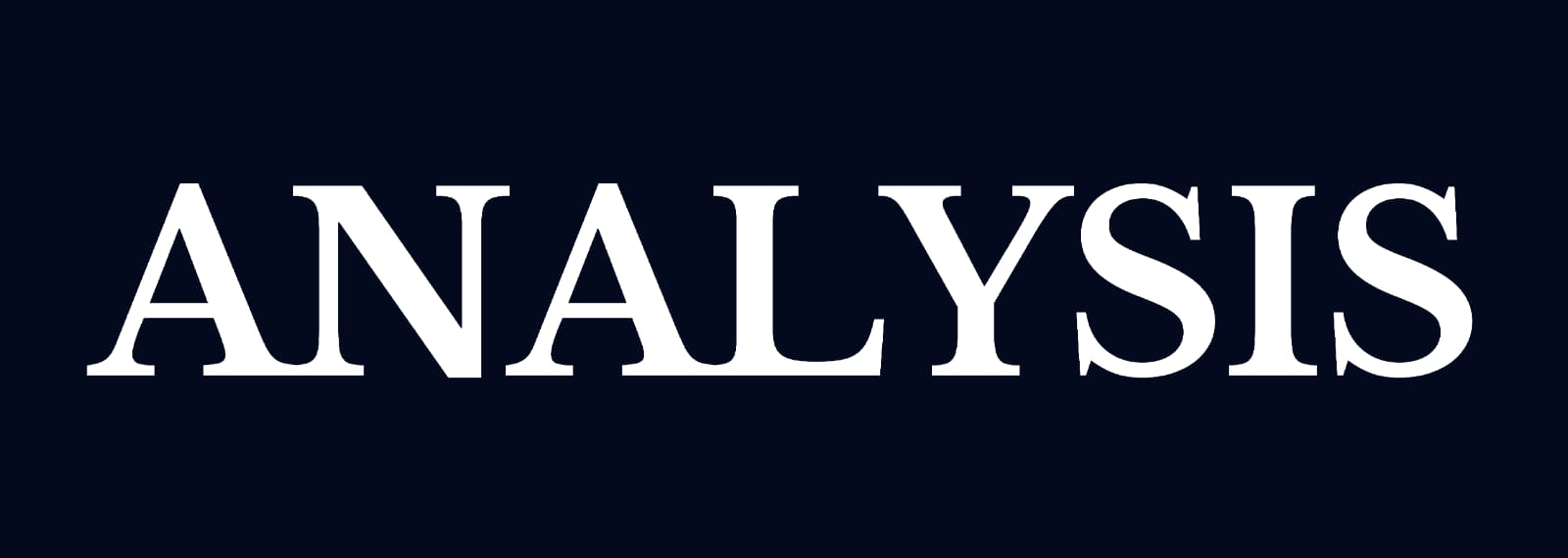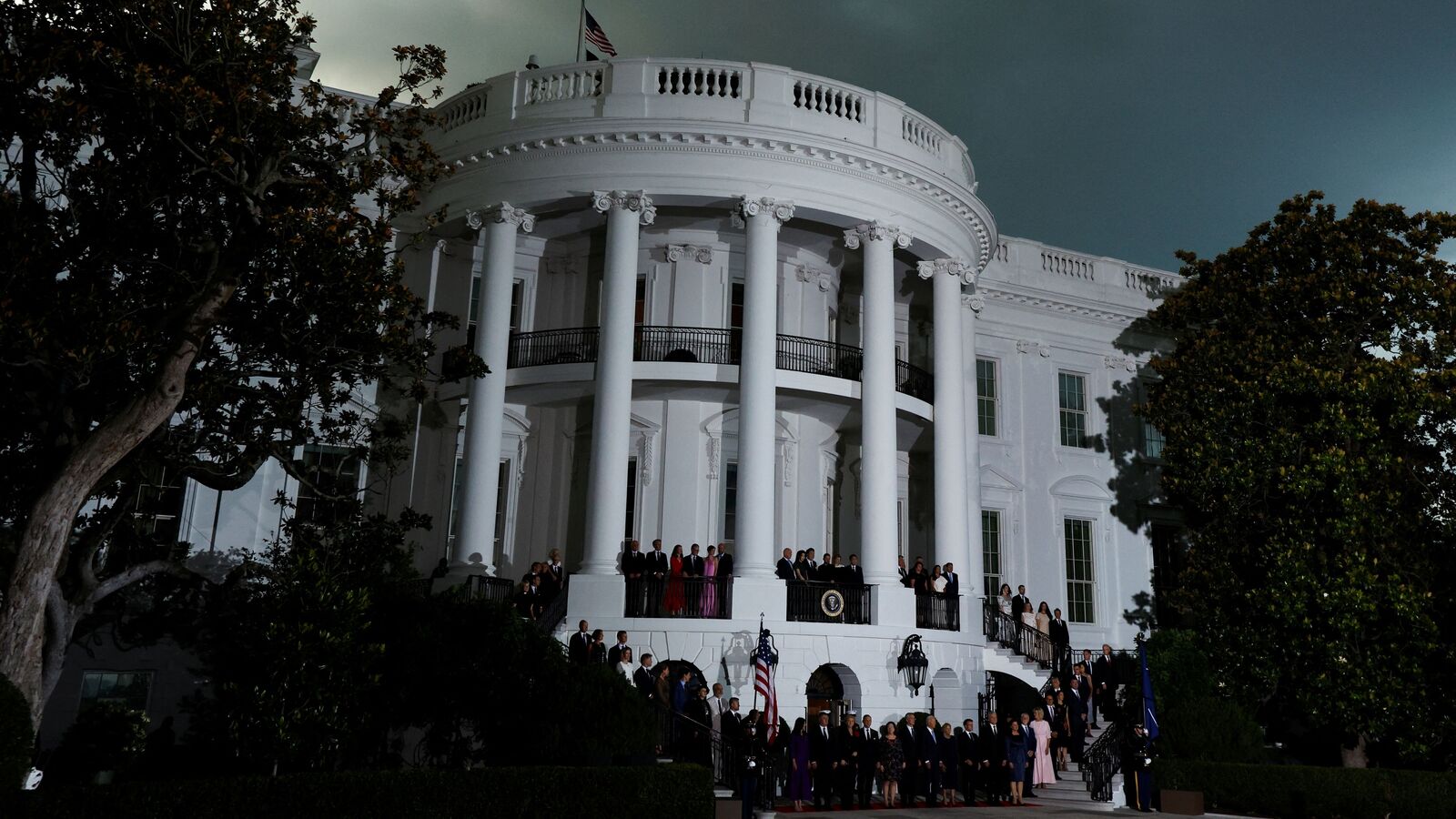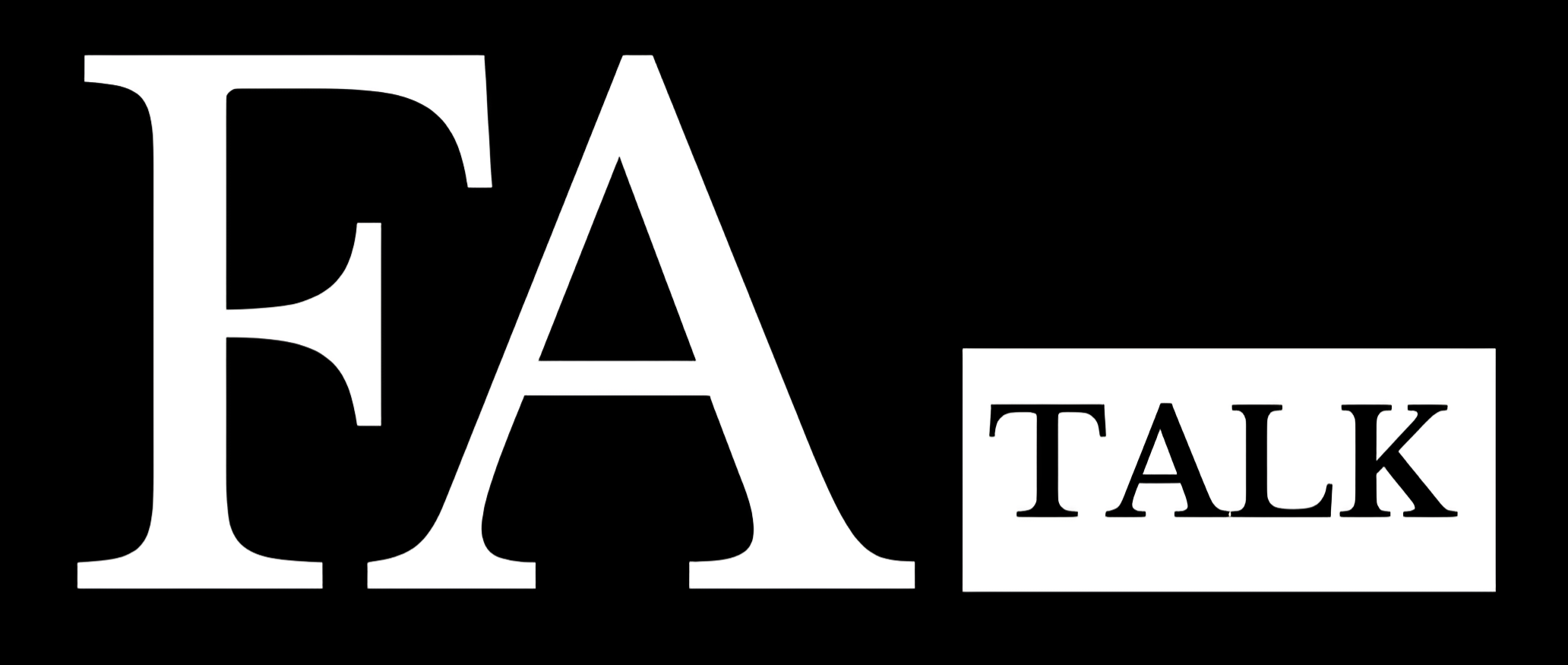









From Bush’s assertive tactics to Obama’s strategic restraint, delve into how U.S. foreign policy shapes global dynamics amid evolving power structures and international challenges.
AUGUST 25, 2024

The early 21st century taught us the limits of unilateral state power and the benefits of strong international regimes and alliances that can relieve pressure from a hegemon’s shoulders. To the extent that hegemony has shifted or is at risk of doing so, it has not been trending in the U.S.’s favor. President Bush’s attempts to evangelize free-market capitalism and democratic transition amidst occupation reinforced that exogenous nation-building is complicated in the best circumstances and impossible otherwise. Bush’s Global War on Terror led to significant human rights violations and a sharp decline in U.S. favorability across 35 out of 38 countries surveyed by Pew, excepting only Russia, South Korea, and Lebanon.
President Obama, in contrast, taught us the limits of a minimalist, multilateral, and often gun-shy foreign policy that can reap significant achievements but requires longevity and consistency of governance to ensure lasting success. Promises to remedy U.S. human rights violations were complicated by an informal drone war that failed to re-instantiate sovereignty as a meaningful concept, the revelation of continued and expanded state surveillance programs, and the occupations of Iraq and Afghanistan. U.S. moral authority recovered despite these setbacks, however, and we learned that when considering actions or inaction of international importance, deliberation and cooperation are far more appreciated than ultimatums and threats. By the time President Obama left office, international opinion of the United States had increased in all thirty-eight of the countries mentioned above except Russia, Jordan, and Lebanon.
This November, citizens across the United States will head to the polls to cast their ballots in favor of one of two distinct foreign policy visions. “America First” seeks to secure U.S. economic and military primacy through coercion and preferential domestic industrial subsidies, without regard for the norms and rules of the liberal international order. The other vision imagines the United States at the helm of a reinvigorated international system—heavily invested in alliances, multilateral cooperation, and the post-war norms and arrangements that have brought global stability and economic growth to Europe, North America, East Asia, and increasingly to Latin America and Southeast Asia.
U.S. dominance is not as absolute in 2024 as it was at the beginning of the 21st century, and both the context and content of Trump and Biden-Harris foreign policies necessarily differ from their predecessors’ platforms. Still, what lessons from the Bush and Obama presidencies can guide U.S. foreign policy in an era of shifting power dynamics?
In 2002, the United States of America was more powerful—economically and militarily—than any nation in human history, compared to its peers. President George W. Bush sought to use that power to effect a more democratic world; a more peaceful world, according to democratic peace theory. But the Bush presidency’s “single sustainable model for national success: freedom, democracy, and free enterprise” failed to produce those outcomes in foreign nations. In fact, the pursuit of free enterprise often came at the expense of freedom and democracy for those same populations.
Bush left office with two ongoing wars, a worldwide torture scandal, an economy in free fall, a ‘crisis’ in transatlantic relations, a rising China, and a domestic surveillance apparatus monitoring all telephone and electronic traffic.
In 2008, Barack Obama assumed the presidency, and his administration immediately set about remedying the mistakes and missteps made by his predecessor. Running on a “Hope and Change” platform, Obama quickly encountered the tough realities of trying to effect popular progress in the United States. Domestically, the Obama administration resorted to traditional Keynesian stimulus and bailouts, or temporary takeovers of vital industries, to combat the Great Recession, opposing calls for austerity from the opposition.
Internationally, however, Obama’s Afghanistan and Iraq policies closely mirrored Bush’s—evidenced by Obama’s 2009 “surge” that sent 30,000 troops to reinforce U.S.-Afghan operations. Where the Obama Doctrine diverged was in its successful demonstration of the possibilities and benefits of multilateral cooperation. Obama strengthened American soft power by seeking to understand—rather than alienate—allies and adversaries, and he reinforced a formalized and legalistic international system led by the U.S., with opportunities for all states willing to abide by its constraints.

The U.S. occupation provided space for Iraq’s Kurdish population to build an autonomous, federated Kurdistan, and millions of Afghan girls were able to attend school during the 20-year occupation (2001–2022)—an opportunity denied them by the Taliban. These benefits are meaningful, but Americans have largely concluded that they were not worth the staggering human and financial costs: $8 trillion (USD); over 1 million direct deaths and more than 4.5 million indirect deaths; and soaring food insecurity, childhood malnutrition, and poverty in Afghanistan, where the U.S. spent over 58 times more on defense contractors than on Afghan development. The United States cannot continue to act as the global enforcer, intervening in conflicts without clear, attainable goals, lest it risk further catastrophe.
While on a war footing under President Bush, the U.S. withdrew from the Anti-Ballistic Missile Treaty in pursuit of a more pronounced technical advantage in missile defense systems—ultimately sparking a new arms race in missile technology, one that the U.S. is not necessarily prepared to win. The ABM Treaty was seen as a constraint on U.S. power and was consequently abandoned. Similarly, there was no question of propriety when the U.S. invaded Afghanistan and then Iraq: “Either you’re with us, or you’re with the terrorists,” Bush declared. This uncompromising stance led regional actors to either declare the U.S. as “The Great Satan” or drastically reduce their willingness to cooperate in other arenas. This environment created the conditions for a multipolar world to emerge, with regional power centers often pursuing their interests independently of U.S. preferences.
In an effort to avoid the quagmires faced by his predecessor, Obama refrained from reactive military intervention in the Syrian Civil War, even in the face of Bashar al-Assad’s use of chemical weapons. Instead, the administration escalated an illegal drone war across the MENA region, resulting in high death tolls that included thousands of unreported civilian casualties. In 2013, the Obama administration released its Presidential Policy Guidance, or “Playbook,” which outlined protocols for conducting drone wars, including operations, target selection, and engagement rules. This Playbook was later emulated by states like Turkey and Iran, who used similar tactics in Iraq, Yemen, Saudi Arabia, and Syria, killing hundreds of civilians in their own drone campaigns. Rather than curbing the proliferation of UAVs and their use, the U.S. normalized the deployment of unmanned weapons, leveraging its technological superiority at the expense of noncombatants’ rights and safety worldwide.
Both presidents extended U.S. power beyond its appropriate limits. The Bush administration’s gunslinger approach and disregard for international norms buried the United States under trillions of dollars of debt and destabilized a region for a generation. It also diminished U.S. dominance by demonstrating, in the words of Alex Danchev from the University of Nottingham, “that the United States was no longer legitimate as a provider of world order,” and that it “is neither loved nor trusted [by state or individual actors].” Barack Obama inherited the emergent multipolarity born from prior U.S. intransigence. His breach of international norms through protracted drone campaigns had consequences, further reinforcing efforts to establish alternative international regimes capable of countering U.S. influence if necessary.
This is certainly not to endorse “isolationism”—whatever that’s supposed to mean in a globalized economy where U.S. interests and popular well-being necessitate a stable and rules-based international order. Recognizing that U.S. power and how it is utilized has limitations does not mean that the U.S. is powerless. U.S. support for Ukraine during the Russo-Ukrainian War has shown the material value we can provide to allies, our ability to counteract revisionist actors, and reinforce essential standards of national sovereignty.
Still, even with recent incursions into Russian territory, there is no evidence of major shifts in the conflict, and the only realistic conclusion, ceteris paribus, is a negotiated settlement surrendering the Donbass to Vladimir Putin, entrenching Russia in the Black Sea region and complicating future efforts to counter Russian trade and gray zone activities in Europe. Realism requires that we set hard limits and goals for our intervention, and this conflict is no different. Avoiding direct Russo-American confrontation has been an excellent decision. While two to four years of support is decidedly different from a ‘forever war,’ the next U.S. president’s timeline for resolution of the conflict must reflect the lessons learned in America’s past two bellicose decades.
The Israeli genocide, in its 10th month, has killed an estimated 186,000+ Palestinians. The world is relying on international institutions and legal standards to stop the massacre and provide much-needed humanitarian relief to the victims. UN Security Council Res. 2735, adopted on 10 June 2024, called for a proposed hostage and ceasefire agreement in the ongoing Israel–Hamas war. The resolution, presented by the United States, detailed a three-phase proposal to end hostilities, release all Hamas-held captives, establish a permanent ceasefire in the Gaza Strip, and advance a multi-year reconstruction plan, while preventing Israeli state or settler occupation and claims on Palestinian territory. Despite the UN dictate, Hamas acquiescence, and international outrage, Israel has thumbed its nose at the world.
The United States must realize this opportunity to reaffirm the authority of the international system not only through its words but through its deeds. Palestinian civilians are being killed by Israeli pilots using American intelligence and weaponry. By failing to stop the genocide, the United States is once again proclaiming, “These rules, which are essential and underpin our dominant position within the world system, only constrain our enemies.”
The fear that the U.S. and its allies use the international system to underhandedly constrain others while empowering themselves will further fracture the rules-based order. Looking back to the Bush presidency, we can see how our actions damaged hegemonic stability. Obama’s presidency showed how difficult it can be to right that ship. Maintaining a course towards just action and equality among all nations remains essential.
A curated seletion of FA’s must-read stories.
Written By: SeungHawn Kim
Written By: Rizwan Rafi Togoo
Written By: Marco Mendez
Written By: Krishna Achnaf Herindra
Written By: Billy Agwanda
Written By: Suruthi Lenin
Written By: Berk Tuttup
Written By: Alexander Bergh

Jean-Philippe Beaudet is a recent graduate of American University’s School of International Service, where he received an MA in International Relations and Policy Analysis. His past work has been highlighted by the Washington Kurdish Institute and several working groups at the Office of the United Nations High Commissioner for Human Rights.
Written By: BATUHAN GUNES
Written By: KRISTIN HYNES
Written By: ERIC SONG
Written By: ALEXANDER BERGH
Written By: KATE-REID SMITH
Written By: JOSEF SCHOEFL
Written By: PATRIC MCFARLAND
Written By: FATIH CEYLAN
FA’s flagship evening newsletter guilding you through the most important world streis ofthe day. Delivered weekdays.
